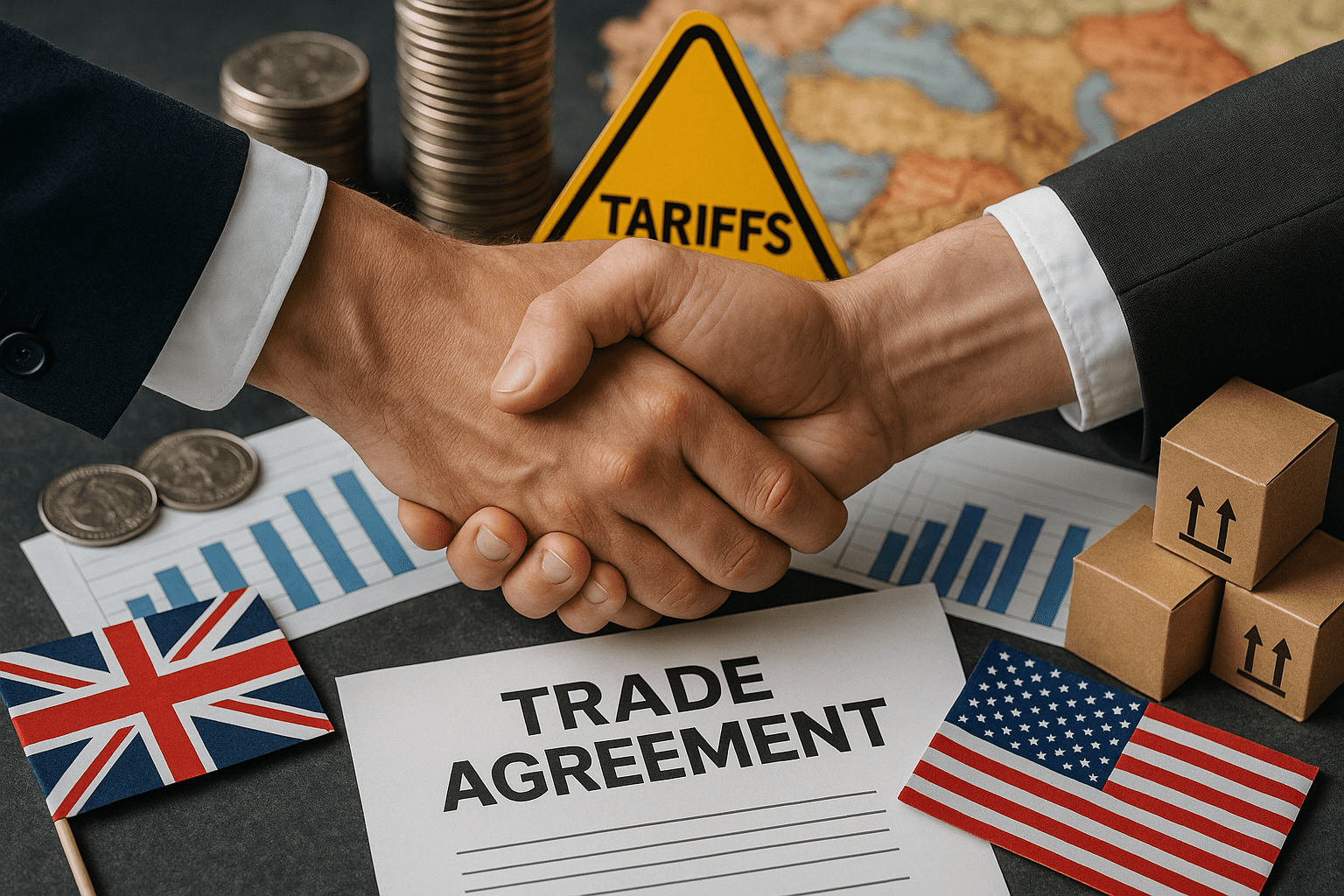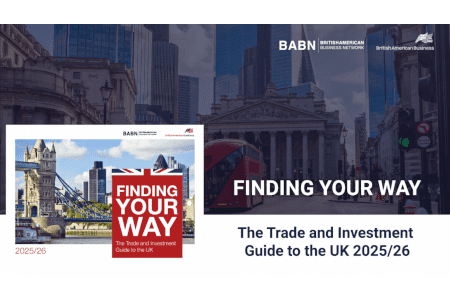Speed remains the top issue in logistics, global trade, and supply chain management: Three out of four industry experts consider shorter lead times and time to delivery their top priorities for 2017. That is one of the findings of a study titled ‘Global Trade Management Agenda 2017,’ conducted by software company AEB and the University DHBW in Stuttgart (Germany) which surveyed 330 logistics and global trade experts.
The Global Trade Management Agenda is carried out annually by software company AEB and the Baden-Württemberg Cooperative State University (DHBW) Stuttgart. Shorter lead times and time to delivery were already ranked as the most important issues in last year’s survey. “Customer demands for fast shipping continue to increase and place high pressures on companies in the industrial and commercial sectors as well as on transport and logistics businesses,” said Prof. Dr. Dirk Hartel, Head of the Department of Business Administration Service / Logistics Management at DHBW Stuttgart and co-author of the study.
“Companies ask for innovative ideas and new technologies, such as package delivery by drone, but also for optimised and smooth processes.” Most respondents consider their companies to be already well positioned in this area: Only 41.2% felt there was room for improvement when it comes to reducing lead times and time to delivery.
Minimising supply chain risks
As in the past year, minimising supply chain risks is another top issue. Some two-thirds of those surveyed (65%) consider the topic to be very important. The majority of logistics and global trade experts feel that their companies are well equipped in this area as well – only 42% see a need for improvement or major shortcomings.
Implementing changes to customs laws remains an important or very important challenge in 2017 for 61.6% of respondents. What’s most interesting here is that the Brexit vote did not produce any change regarding the assessment, nor did it heighten the perceived importance of this issue compared with the previous year’s study. The British referendum took place during the survey period, and most respondents completed the questionnaire after the results of the vote were known. “It was not yet clear at the time, however, how foreign trade relations between the EU and UK would be managed and what impact the Brexit vote would have,” explains Dr. Ulrich Lison, Portfolio Manager and Member of the Executive Board at AEB who conducted the study jointly with Prof. Dr. Hartel.
Importance of recruitment in global trade falls
The greatest need for improvement in global trade management is seen in talent management – the recruitment, training, and development of employees. The self-diagnosis here is quite critical, with half of respondents reporting that their own companies come up short in this area. But while this topic ranked fourth in importance in last year’s survey, it fell to eighth place this year. Only some 47% of participants consider talent management to be an important or very important topic in 2017. “The problem of shortage of skilled labour is much less pressing for smaller companies and for very large enterprises, according to our study,” says Dr. Lison. “The former frequently only need very few new employees, the latter typically have an image advantage as attractive employers, possibly leaving them less affected by the shortage of skilled labour.”





